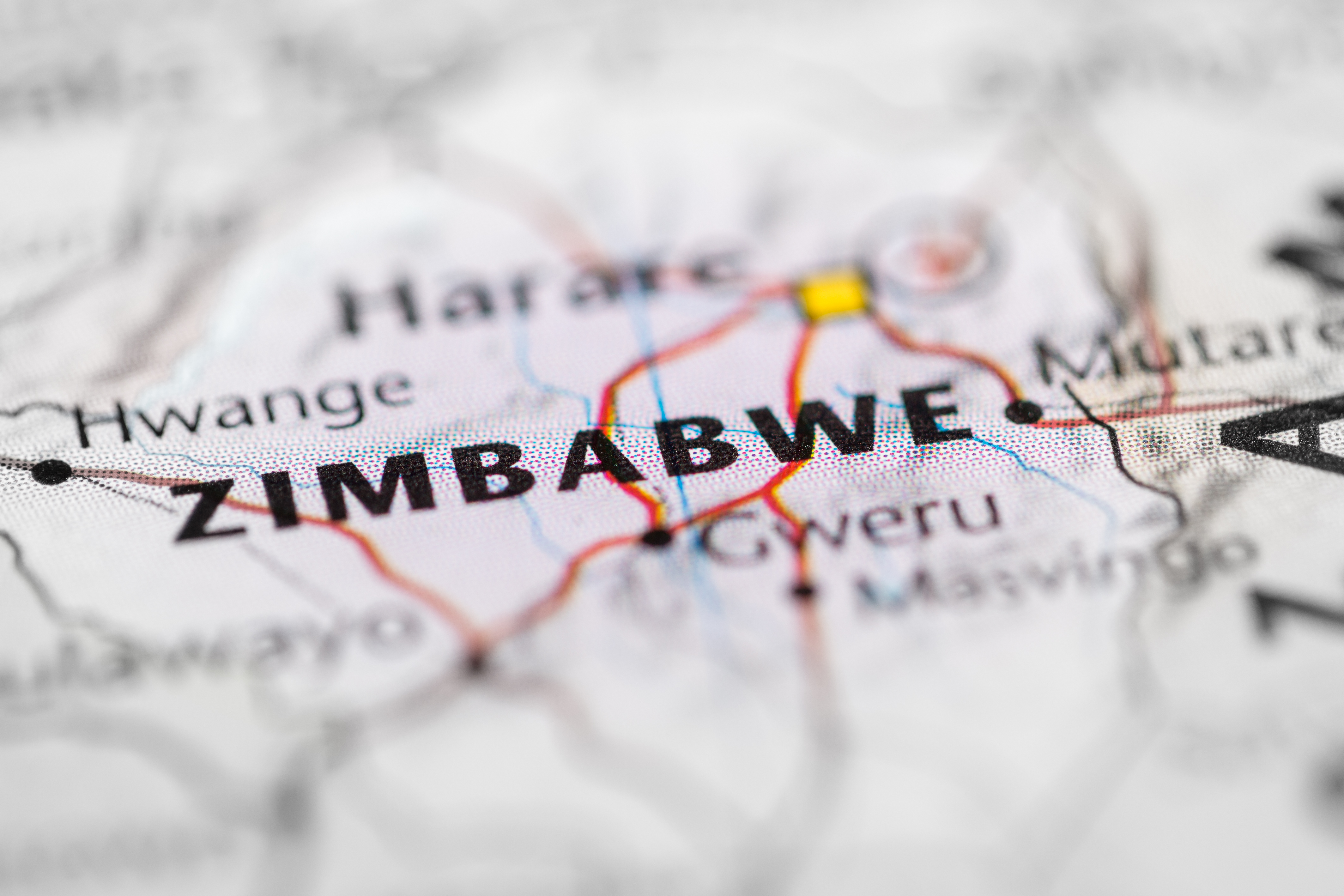
Zimbabwe is bearing the brunt of the worst economic crisis in a decade, with shortages of foreign currency, fuel, power and medicines. The decay of Zimbabwe’s economy is noticeably reflected by its collapsing health system. Although there are consultations and admissions at the main state hospitals like Harare Central Hospital, patients still have to pay for unavailable essential medicines, equipment and on occasion even for refueling of an ambulance. The situation has become deplorable and tragic. The hospitals are incapacitated. Basic commodities like blood collecting tubes, gloves and running water are unavailable. Medical equipment such as ventilators remain missing in maternity wards and the maternal mortality and child mortality rate is extremely high, with as many babies as 70 dying every month at Harare Central hospital alone.
Besides shortages of medicine, Harare Central Hospital faces challenges of inadequate or obsolete equipment, poor infrastructure and critical shortage of nursing staff. For instance, the maternity ward at Harare Central hospital does not have adequate beds, anaesthetic machines or ventilators to facilitate comfortable and successful delivery of babies. According to the maternal unit management at the hospital, an average of 75 babies die every month before, during and after delivery, due to the lack of adequate equipment, medicines and nursing staff. The current composition of doctors working in government hospitals is just over 1600. The average salary for junior doctors is USD $100 per month and this has led to incessant strikes and demonstrations by medical personnel. The poor conditions of service have compounded the health crisis with junior doctors claiming to be incapacitated. Doctors have been on strike since the 3rd of September demanding salary increases, but the government has refused to dialogue and negotiate acceptable salaries.
To date, it has been alleged that the Zimbabwe government has fired over 200 doctors who were striking for better salaries and better working conditions. Nurses have also embarked on strike action over low wages amid crippling inflation. The situation is being exacerbated by the City of Harare nurses who have since stopped reporting for duty citing incapacitation. The doctors have refused to go back to work saying that they remain incapacitated. Furthermore, over 500 doctors have been called for disciplinary hearings. Medical services at most central hospitals remain constrained and the situation in public hospitals is dire as patients are being turned away or helped by the few nurses who are at work. The strike by junior and middle-level doctors has paralysed state hospitals which are used by Zimbabwe’s poor majority. The government has reportedly blithely responded to this situation by reporting that they will fill vacancies left by the fired doctors. However, Zimbabwe already has a shortage of doctors, with many having gone abroad to seek better working conditions, fair remuneration and better opportunities. Citizens are increasingly frustrated and angry that top government officials continue to travel abroad for treatment while state hospitals are turning away patients because of the doctors’ strike.
The right to health is a universal right to which all individuals are entitled, it has been encompassed in international agreements including the Universal Declaration of Human Rights and the International Convention on Economic, Social and Cultural Rights. Moreover, section 29 of the Constitution of Zimbabwe stipulates that the State must take all practical measures to ensure the provision of basic, accessible and adequate health services throughout Zimbabwe. Over the past decade, the budget allocation to healthcare in Zimbabwe has been less than the 15% stipulated in the Abuja Declaration, and has never gone beyond 10%.
In light of the above, SALC would like to stress that the citizens of Zimbabwe continue to be deprived of the progressive realisation of their right to health. We urge the government of Zimbabwe to take all measures necessary to adhere to the rule of law as stipulated in their own national laws and the international instruments to which Zimbabwe is a party to.
SALC calls on the UN Special Rapporteur on the Right of everyone to the enjoyment of the highest attainable standard of physical and mental health, to urgently investigate and intervene in the health crisis in Zimbabwe.
SALC calls on the International Labour Organisation, of which Zimbabwe is a member state, to intervene on the current labour crisis that the doctors are facing, and to encourage dialogue between the government and the doctors on their current work-related issues.
This situation requires urgent and immediate interventions.



